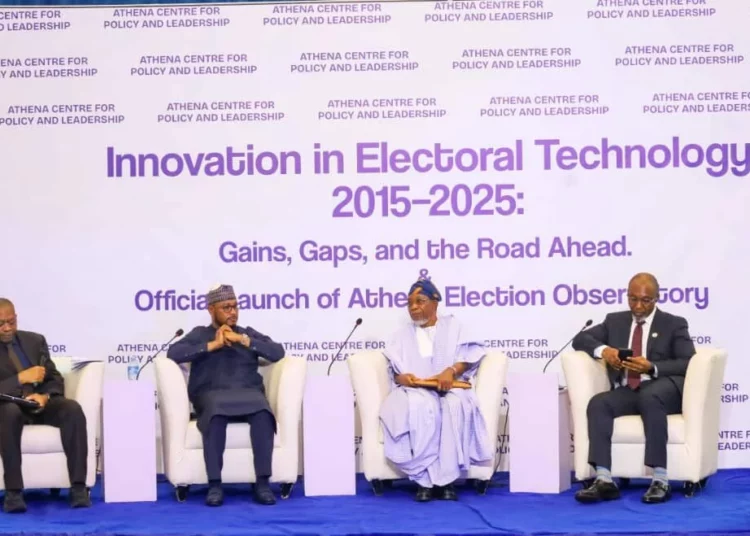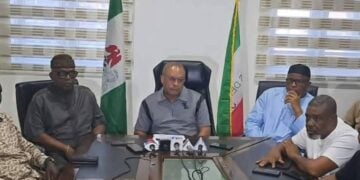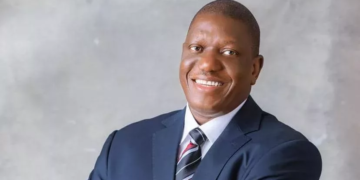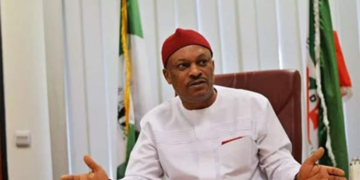Political leaders and electoral experts have demanded that the Independent National Electoral Commission (INEC) publicly demonstrate its election technology before each poll and link the voter register to the National Identity Management Commission (NIMC) to restore public confidence.
The calls were made in Abuja yesterday during the launch of the Athena Election Observatory at a national dialogue on “Innovation in Electoral Technology 2015-2025: Gains, Gaps and the Road Ahead” organised by the Athena Centre for Policy and Leadership.
Former Osun State governor and African Democratic Congress (ADC) national secretary, Rauf Aregbesola, delivered the most critical assessment, questioning the fundamental structure of INEC’s leadership.
“A situation where the principal beneficiary of manipulation nominates who chairs INEC has sincerely dictated what will happen,” Aregbesola said.
He proposed that parties with at least five members in the National Assembly should nominate people to be at the helm of affairs in INEC equally.
He demanded strict adherence to the Electoral Act, which requires INEC to demonstrate its technology beforehand.
Anambra State governor, Prof. Chukwuma Soludo, struck a more conciliatory tone, urging stakeholders to acknowledge the progress made from the terrible past.
“I believe in technology. I believe that INEC has done relatively well, so we must give it some credit. From where we are today, the difference is like the difference between day and night,” he said.However, Soludo acknowledged the persistent challenge of the Nigerian factor, where politicians expect manipulation.
“Some politicians are sleeping at night because they don’t believe that people can just cast their vote, you count it, and announce the result. No, there will be some wayo (cheating),” he noted.
He joined the call for accountability, stating that INEC officials who violate guidelines must be prosecuted and jailed.
The chancellor of the Athena Centre, Osita Chidoka, presented data identifying non-compliance at collation centres as the critical failure point.
He revealed that over-voting in a small number of polling units in recent governorship polls in Kogi, Imo and Bayelsa contributed hundreds of thousands of votes, enough to “change the face of the election.”
He scored INEC very low, 40-59 percent on managing this non-compliance, calling it the “Achilles heel of our election.
Zamfara State Governor, Dauda Lawal, emphasised the need for robust technical infrastructure.
“Let there be a proper integration of BVAS as well as IReV. Now, let it be online in real time. For us to do that, infrastructure is key to solving this problem,” he said.
He also stressed the importance of building strong institutions over individuals and ensuring the rule of law for credible elections.





